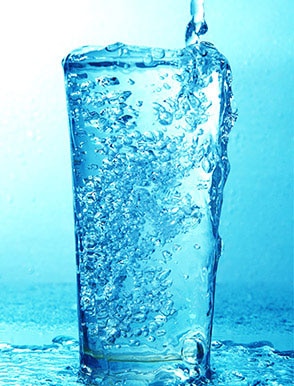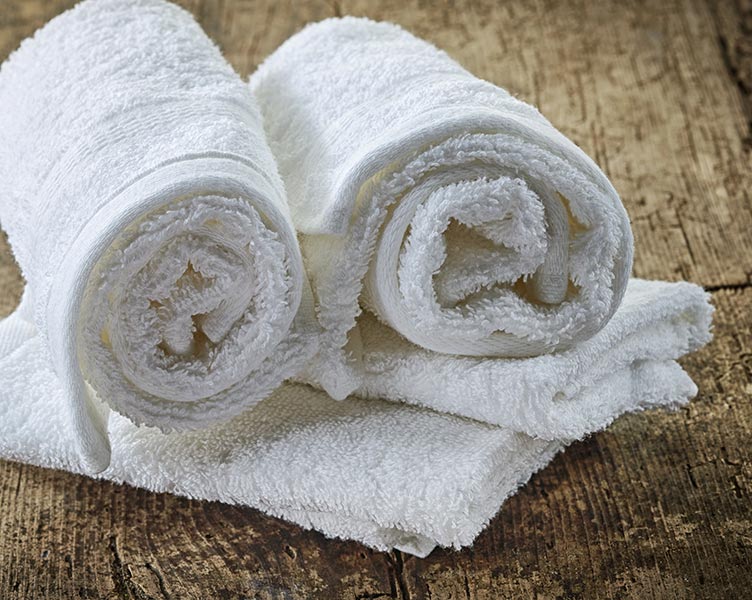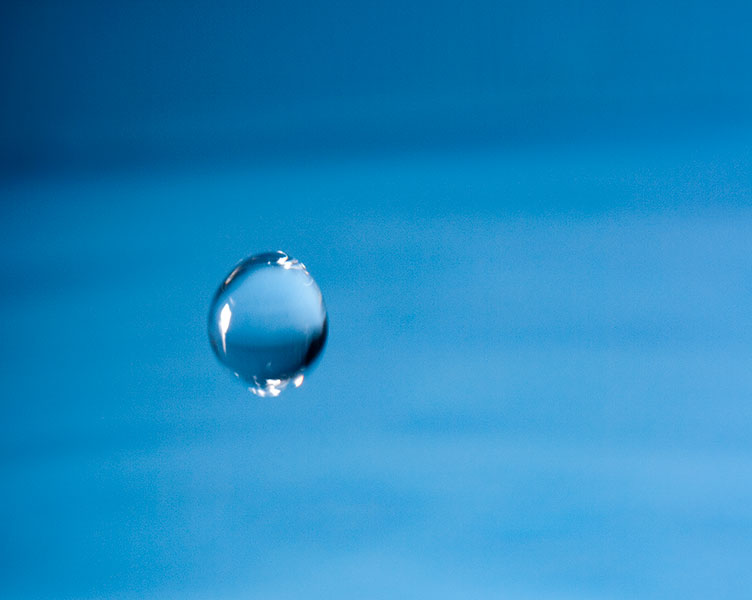Vicki: When you’re using catheters, you have to have good personal hygiene and that just means washing my hands before I start. I use wipes or I try to at least have some time when I've had a shower, that makes it easier and quicker, because I don't have to go through as many steps.
There are a number of things you can do that might help you prevent UTIs.
Drink enough fluids
Everyone needs a minimum and maximum fluid intake to maintain their health. Drinking up to 6-8 glasses of fluids each day is often recommended, and ideally this is water, but this is not for everyone. You should first consult with your Healthcare Professional to determine the amount that is best for you based on your individual health needs. Water is best - beverages containing caffeine (coffee, tea and some energy drinks), alcohol, soft drinks and artificial sweeteners are known to irritate the bladder and may need to be kept to a minimum.
Why?
A good fluid intake hydrates the body and dilutes the urine. By regularly emptying your bladder, you will remove urine and your chance of infection is reduced.
Regularly empty your bladder completely as prescribed by your Healthcare Professional.
Maintaining your catheterisation schedule may help in the prevention of urinary tract infections and other long term complications.
Why?
Staying on a regular schedule and emptying your bladder completely with intermittent catheterisation allows you to remove urine in the bladder along with bacteria that may be present.
Tip: Every once in a while measure the amount of urine you empty. The goal is to keep the catheterised urine at a volume which avoids overstretching the bladder and potential leakage between catheterisations. This amount will be recommended by your health care professional but can be anywhere between 300-500ml. If you regularly empty more than this amount, ask your healthcare professional if you need to use intermittent catheters more often.
Maintain good personal hygiene
Wash your hands thoroughly with soap and water or hand sanitiser - especially before you use your intermittent catheter. Clean around the urethral opening before inserting the catheter, make sure you shower regularly and change underwear daily.
Why?
If you have good personal hygiene, there is less chance of bacteria finding its way to the bladder and causing a UTI. However, it is not recommended that you use anti-bacterial soap or anti-bacterial wipes around the genital area as they can kill the good bacteria here that helps fight the bad bacteria.
Use a sterile catheter every time you catheterise.
Why?
A well-lubricated catheter may make the process more comfortable and may decrease friction or damage during insertion and withdrawal of the catheter. This may reduce the risk of damage, infection or other complications.

Other advice
- Maintain a good bowel regime and avoid constipation or diarrhoea.
- Some people may benefit from drinking cranberry juice or taking cranberry extract tablets, but there is no clear proof that it helps. Always ask your healthcare professional before you take any supplements to make sure they don’t affect any of your medication.
- Try to eliminate known bladder irritants such as caffeinated drinks (coffee, soft drinks and energy drinks) and artificial sweeteners to see if it helps. These items are known to cause irritation to the urethra and bladder.
- If you have left over antibiotics from a previous condition, please do not take these as different infections may require different antibiotics. Only take antibiotics prescribed by your healthcare professional for your current condition.
If you - despite all these precautions - still suffer from frequent UTls, talk to your healthcare professional as you may need further bladder investigations



